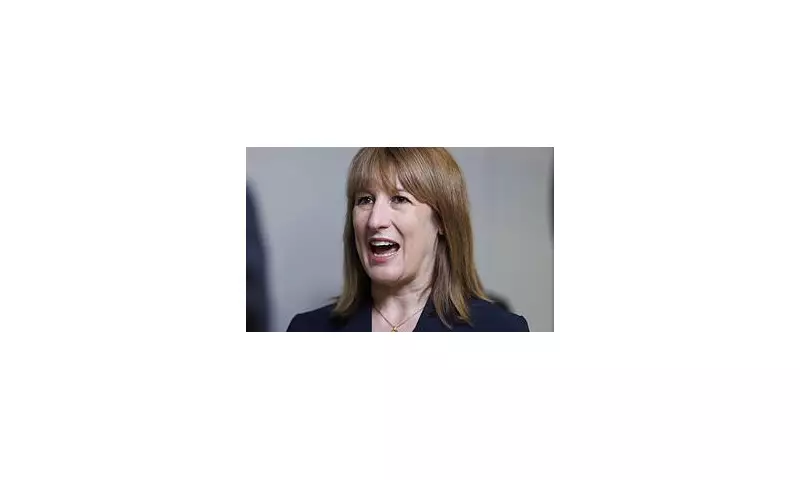
The Organisation for Economic Co-operation and Development (OECD) has issued a sobering assessment of Britain's economic prospects, forecasting that the UK will endure the highest inflation rate among all G7 nations throughout next year.
This grim prediction comes as Chancellor Jeremy Hunt faces mounting pressure to implement significant tax cuts in his upcoming Autumn Statement, while simultaneously preparing the ground for what experts fear could be a "brutal" Budget from an incoming Labour government.
G7 Inflation Crisis: Britain Tops the Charts
According to the OECD's latest economic outlook, UK inflation is projected to remain stubbornly high at 2.7% throughout 2025 - significantly above the Bank of England's 2% target and worse than any other major advanced economy. This places Britain in a more precarious position than counterparts including the United States, Germany, and Japan.
The report highlights the persistent challenges facing the UK economy, with rising prices continuing to squeeze household budgets despite recent declines from peak levels.
Labour's Looming 'Tax Raid' Warning
Shadow Chancellor Rachel Reeves has explicitly ruled out increases to income tax, national insurance, or VAT under a Labour government. However, the OECD analysis suggests other areas remain vulnerable to what critics are labelling an impending "tax raid".
Potential targets could include:
- Capital gains tax reforms
- Pension tax relief alterations
- Wealth taxes targeting high-net-worth individuals
- Business tax adjustments affecting corporations
Financial markets are already pricing in the likelihood of a Labour victory in the forthcoming general election, adding urgency to concerns about the party's fiscal plans.
Hunt's Autumn Statement Dilemma
Chancellor Jeremy Hunt finds himself walking a political tightrope, balancing calls for pre-election tax cuts against the need to maintain fiscal responsibility. The OECD has specifically warned against "fiscal loosening" that could further fuel inflationary pressures.
With the economy showing minimal growth and inflation proving more persistent than anticipated, Hunt's Autumn Statement decisions could have profound implications for both the economic outlook and Conservative electoral prospects.
The OECD's warning serves as a stark reminder that Britain's economic challenges are far from over, with households and businesses likely to face continued financial pressure well into next year regardless of which party occupies Number 11 Downing Street.





